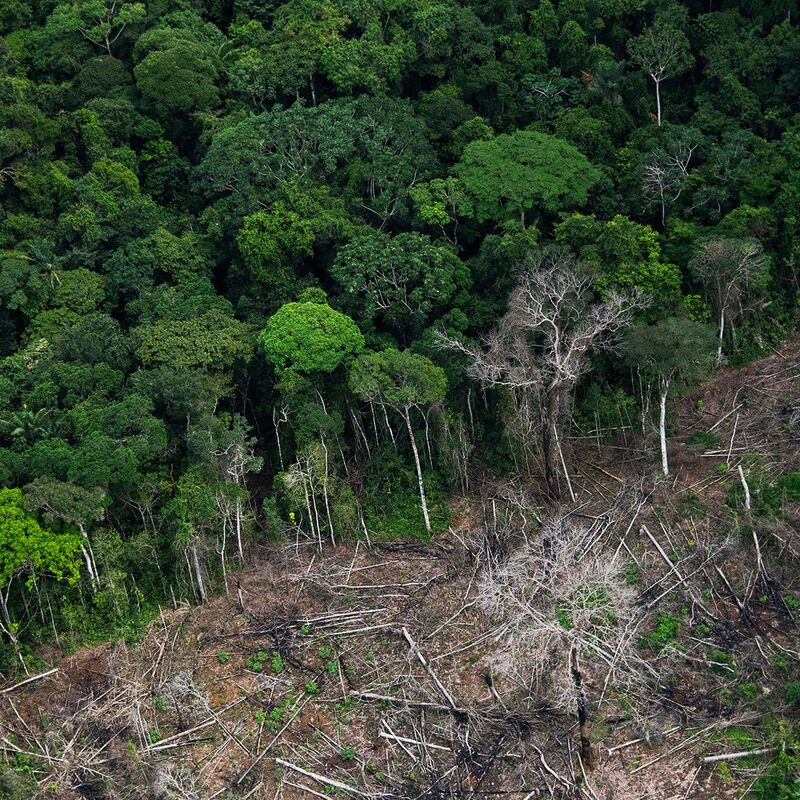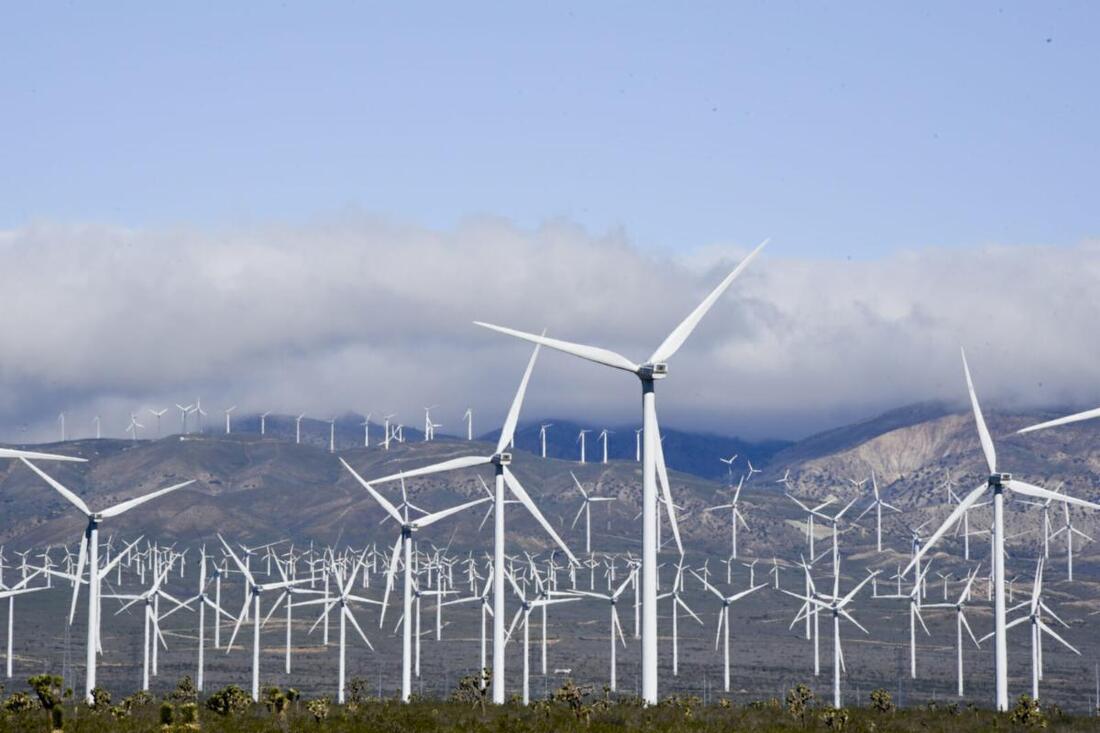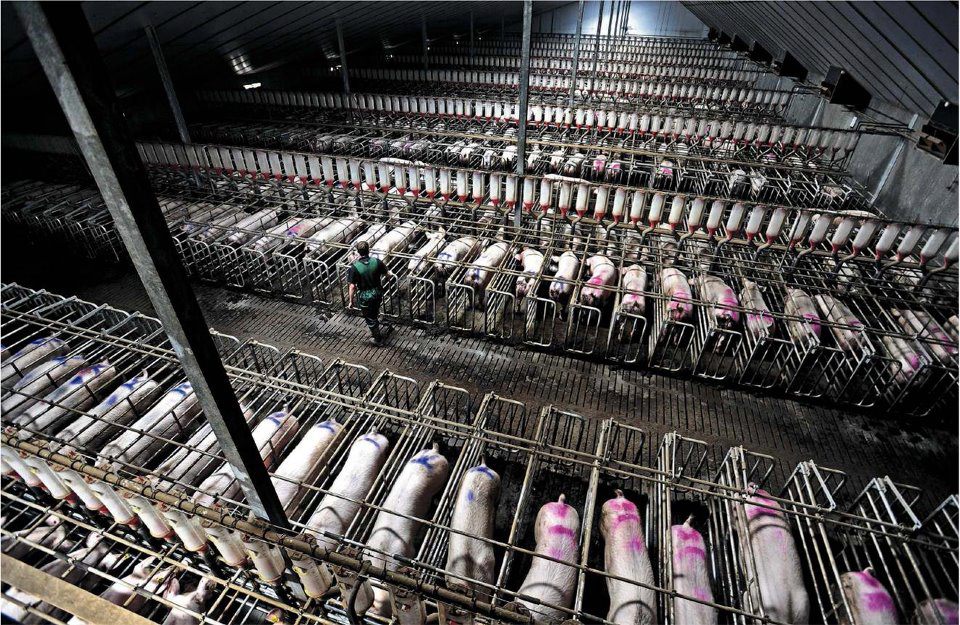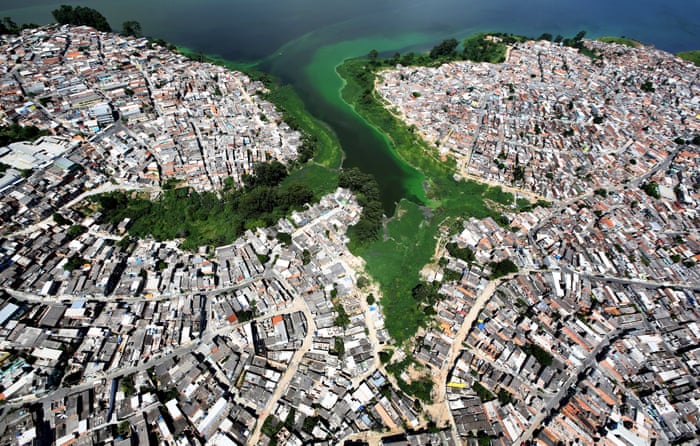|
 Deforestation in rainforest. Deforestation in rainforest.
What Caused Covid-19? We are almost three months into Covid-19 lockdown. The US death total stands at over 75,000 and will almost surely pass 100,000 by the end of the month. Unemployment is higher than at any time since the Great Depression. Understandably, the media’s primary focus has been on these twin catastrophes. Still, it’s disappointing there hasn’t been more discussion about the causation of this pandemic. What exactly happened in Wuhan? How is Covid-19 similar to other recent epidemics/pandemics? What does it say about the possibility of more in the future? While there were articles in January about China’s “wet markets,” they hardly broached these larger issues. The average reader could well have thought the problem was just Chinese eating habits, and let it go at that. (I leave aside the accusations of negligence or the intentional creation of a virus in a Chinese lab, as there is no evidence to support either charge.) Some journalists have gone further, however. There have been a few articles in the Los Angeles Times and Washington Post, as well as some reporting on MSNBC, that look more deeply into the origins of Covid-19. Not surprisingly, the European press, especially The Guardian, have had numerous reports on its etiology. And when you read what the environmental scientists, especially the bio-diversity experts, are saying, a fairly clear picture emerges. For starters, they seem to agree about the fundamental problem: human beings have encroached too far and too fast into wild areas, regions populated by animals with which we have had little contact historically. There are some 600,000 viruses with the potential to jump from animals to humans, and mammals, especially rodents and bats, are hosts to an enormous number of them. The chances of a “spillover,” either directly or indirectly, are considerable. Leading American biologist Thomas Lovejoy says, “The pandemic is the consequence of our persistent and excessive intrusion in nature and the vast illegal wildlife trade, and in particular, the wildlife markets, the wet markets…It’s pretty obvious, it was just a matter of time before something like this was going to happen.” Troubling as the Asian and African “wet markets” are, they are not the only form of our intrusion. “Rampant deforestation, uncontrolled expansion of agriculture, intensive farming, mining, and infrastructure development,” are also causes, according to Peter Daszak, director of the EcoHealth Alliance, who says they, along with species exploitation, “have created a ‘perfect storm’ for the spillover of diseases.” Agriculture and mining, for example, force species to crowd into smaller and smaller areas, compounding the chances of inter-species disease transmission. “Never before have so many opportunities existed for pathogens to pass from wild and domestic animals to people,” says Inger Anderson, the executive director of the UN Environment Program. “Our continued erosion of wild spaces has brought us uncomfortably close to animals and plants that harbor diseases that can jump to humans.” What drives our unceasing push into the wilds? Certainly population expansion is one large factor, but capitalism, the world’s main economic system, predicated as it is on growth and increasing consumption, is also a dominant cause. “Recent pandemics are a direct consequence of human activity—particularly our global financial and economic systems, based on a limited paradigm that prizes economic growth at any cost,” according to the the Intergovernmental Science-Policy Platform on Biodiversity and Ecosystem Services (IPBES). And the threat of pandemics is steadily increasing. In the mid-twentieth century, scientists thought that they could be conquered, due to increased sanitation, vaccines, and coordinated government efforts. The official eradication of small pox in 1979 was a milestone in improving global public health. But in just two years, HIV emerged, and the 1990’s saw three times as many infectious disease events as in the 1940’s. Over the last twenty-five years, we have seen a steady increase in viral diseases, some of which have led to pandemics: Nipah, avian flu, SARS, MERS, H1N1, Zika, Marburg, Ebola, and now Covid-19. Animal-to-human diseases currently kill an estimated 700,000 people each year, according to IPBES, though 200 world wildlife groups, in a recent letter to the WHO, claim a much higher total, arguing that zoonotic diseases are responsible for two million deaths annually (and two billion cases of illness). HIV has caused the death of 35 million. The explosive growth in air travel in recent decades and increasing urban density hasten considerably the spread of viruses, as we’ve seen with Covid-19. Climate change is also a factor, as it forces species to migrate away from the equator, bringing disease carriers such as ticks and mosquitos to people that have not encountered them before. If we’re going to avoid a repeated onslaught of epidemics and pandemics, we need to change our behavior in fundamental ways. The IPBES says we must “properly fund health systems and incentivize behavior change on the frontline of pandemic risk.” This would involve focusing on “hot spots,” those places where “lots of people, diverse plants and animals, and rapid environmental changes” come together. It must include offering viable alternatives to wet markets for the huge number of people who rely on them for subsistence. Otherwise, a shutdown of the markets will just force the trade underground. Beyond that, IPBES calls for a “One Health” approach for all of our economic and governmental decisions, whether local, national, or international, private or public. Such an approach would recognize “the complex interconnections among the health of people, animals, plants, and our shared environment.” Decisions would take into account long-term consequences to public health and the environment. In other words, if we just bail out the fossil fuel industry, intensive agriculture, and logging companies, without insisting on major changes, we are essentially subsidizing the emergence of new pandemics. IPBES’ call for a “One Health” approach is really a very idealistic political statement, and it can only be achieved with political action. It remains to be seen how profoundly the Covid-19 crisis will alter American and global attitudes. Further Reading: Coronavirus: ‘Nature is sending us a message,” says UN environment chief Coronavirus came from bats or possibly pangolins amid ‘acceleration’ of new zoonotic infections Environmental Destruction Brought Us Covid-19… News Briefs
|





